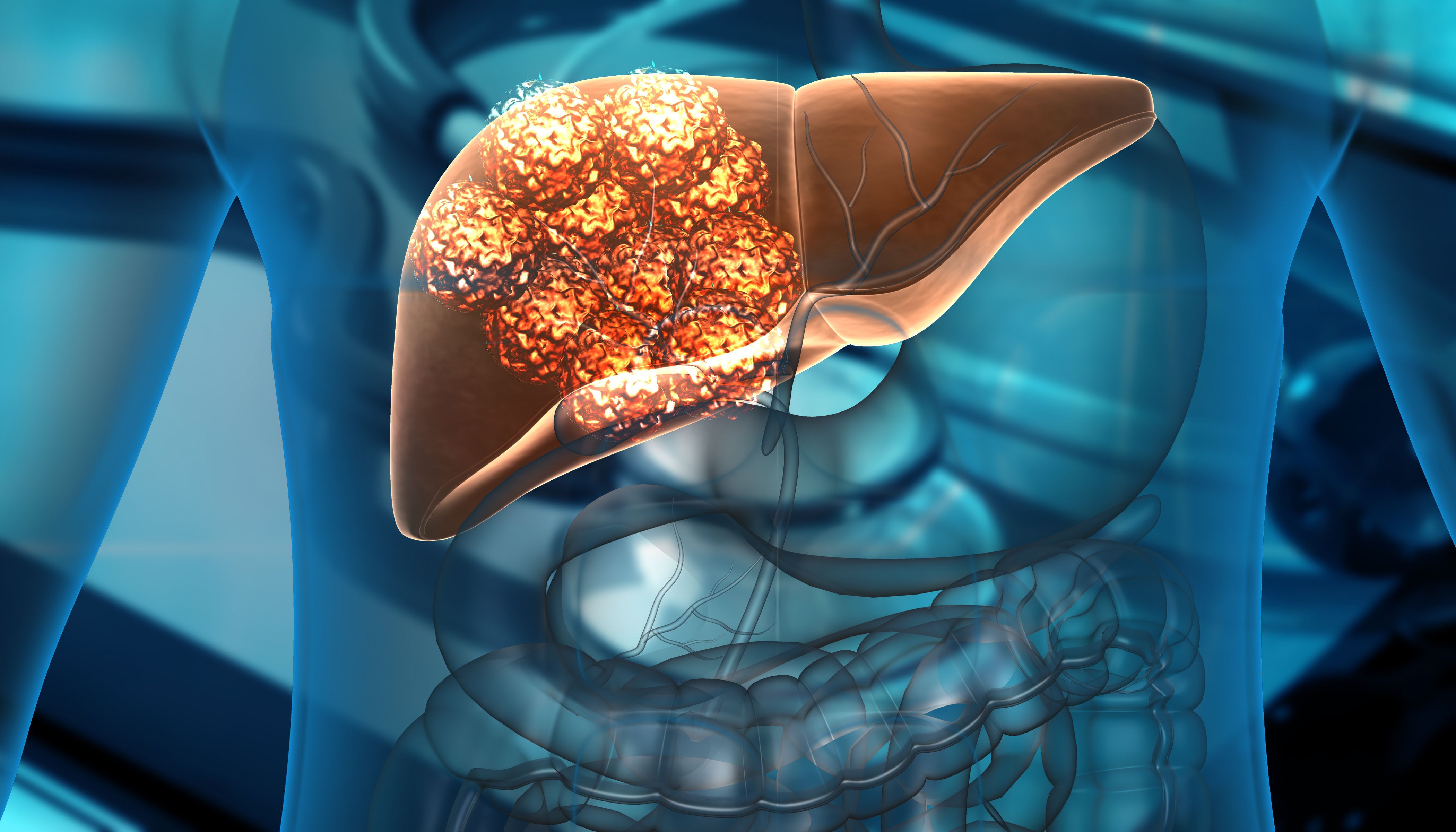Nivolumab Plus Ipilimumab Improves OS and Response in Frontline uHCC
The CheckMate 9DW study demonstrated the efficacy and manageable safety of first-line nivolumab plus ipilimumab in patients with unresectable hepatocellular carcinoma.
Masatoshi Kudo, MD, PhD

The combination of nivolumab (Opdivo) and ipilimumab (Yervoy) significantly improves overall survival (OS) and offers manageable safety in patients with unresectable hepatocellular carcinoma (uHCC), according to findings from the CheckMate 9DW study (NCT04039607), presented at the 2025 Gastrointestinal Cancers Symposium.1
For overall survival (OS), the combination of nivolumab plus ipilimumab showed a significant improvement in median OS compared with lenvatinib (Lenvima) or sorafenib (Nexavar) at 23.7 vs 20.6 months, respectively (HR, 0.79; 95% CI, 0.65-0.96; P =.018. Nivolumab with ipilimumab also demonstrated a significantly higher overall response rate (ORR) at 36% compared with the lenvatinib/sorafenib combination at 13% (P <.0001).
At the 24-week landmark, the median OS for patients with complete or partial responses (n = 101) was not reached, indicating superior survival outcomes vs those with stable disease (n = 105) or progressive disease (n = 47). The hazard ratio for complete or partial response vs progressive disease was 0.14 (95% CI, 0.08-0.24) for the nivolumab/ipilimumab arm, and for stable disease vs progressive disease, the hazard ratio was 0.40 (95% CI, 0.26-0.60).
In both treatment arms, the ORR, assessed by blinded independent central review (BICR), was associated with improved OS outcomes. In the lenvatinib/sorafenib arm, the hazard ratio for complete or partial response vs progressive disease was 0.45 (95% CI, 0.23-0.86), and for stable disease versus progressive disease, it was 0.69 (95% CI, 0.45-1.08).
The median duration of response (DOR) for nivolumab plus ipilimumab was significantly longer at 30.4 months (95% CI, 21.2-NE) compared with 12.9 months (95% CI, 10.2-31.2) for lenvatinib or sorafenib. The survival benefit of the nivolumab/ipilimumab combination was consistent across various subgroups, including different HCC etiologies and disease stages.
“In CheckMate 9DW, nivolumab/ipilimumab demonstrated clinical benefit in terms of improving OS, higher objective response rate, and higher CR rate, and also acceptable safety profile,” Masatoshi Kudo, MD, PhD, professor and chairman, Department of Gastroenterology and Hepatology, Kindai University, Osaka, Japan, stated in the presentation.
3D illustration of human liver cancer cell growth: © Rasi - stock.adobe.com

In August 2024, the FDA accepted the supplemental biologics license application of nivolumab and ipilimumab for the first-line treatment of uHCC, and a Prescription Drug User Fee Act target action date of April 21, 2025, was set.2
CheckMate 9DW is a phase 3, randomized, controlled trial evaluating the combination of nivolumab, a PD-1 inhibitor, and ipilimumab, a CTLA-4 inhibitor, in patients with uHCC.1 The trial aimed to assess the clinical benefit of nivolumab and ipilimumab compared with the standard-of-care tyrosine kinase inhibitors lenvatinib and sorafenib in this challenging population.
Eligible patients were adults with untreated, unresectable HCC, a Child-Pugh score of 5 or 6, and an ECOG performance status of 0 or 1. Key exclusion criteria included prior systemic therapy for HCC and any prior locoregional or surgical therapy with curative intent.
Patients were randomized in a 1:1 ratio to receive nivolumab 1 mg/kg plus ipilimumab 3 mg/kg every 3 weeks for up to 4 cycles, followed by nivolumab 480 mg every 4 weeks, or lenvatinib 8 or 12 mg daily, or sorafenib 400 mg twice daily. Nivolumab was administered for a maximum of 2 years. Treatment continued until disease progression or unacceptable toxicity.
The primary end point was OS and secondary end points were ORR, DOR, safety, and time to symptom deterioration with response assessed by BICR using RECIST v1.1 criteria. Key exploratory end points were progression-free survival and safety.
The safety profile of nivolumab and ipilimumab was consistent with prior studies, with adverse events (AEs) generally manageable and no new safety signals identified.
The majority of treatment-related AEs were grade 1 or 2 and did not lead to treatment discontinuation. Though 12 patients had treatment-related deaths, most in the nivolumab and ipilimumab group (n = 9) occurred in patients with severe and underlying liver disease. Disease progression per BICR was confirmed in 1 patient and was suspected in 3 additional patients.
Among AEs, immune-mediated hepatitis occurred in 2% of patients receiving nivolumab and ipilimumab, while hyperbilirubinemia was observed in 2% of those receiving lenvatinib and sorafenib. Hypertension occurred in 2% of patients in the nivolumab/ipilimumab arm and 41% of patients receiving lenvatinib/sorafenib. Hemorrhagic events were rare (<1%) in the nivolumab/ipilimumab arm, while epistaxis occurred in 4% of the lenvatinib/sorafenib group.
“These results support nivolumab and ipilimumab as a new first-line standard of care for patients with unresectable HCC,” said Kudo.